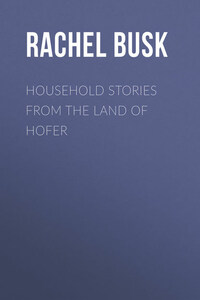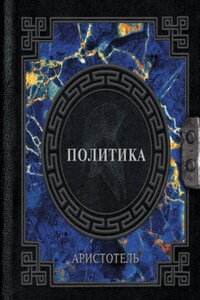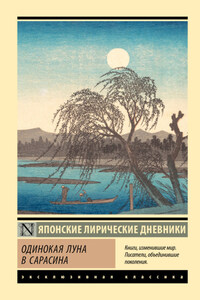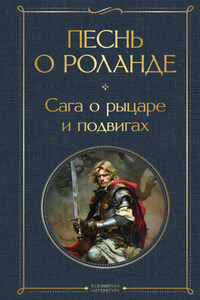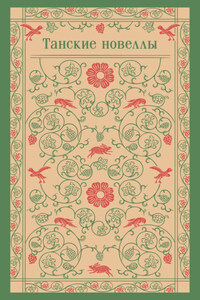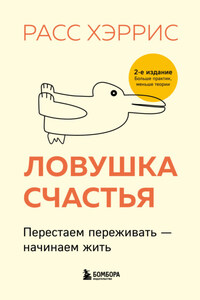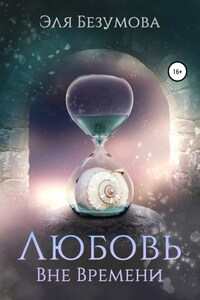“Blessed are the people of whom history is silent; for history occupies itself more with the doings of fools than of the wise; with storms than with tranquil days: it immortalizes the butcher and the tyrant, and consigns to oblivion the innocent and peaceful.” – Cibrario.
Something of the deep, strong attachment to their native mountains which is innate in the children of the Alps steals over me when I think of my pleasant journeyings in Tirol1.
Though it is a little, out-of-the-way country whose cry is seldom heard in the newspapers, though it exercises little influence in political complications, the character of its people is one which, next after that of our own, has a claim to our esteem and admiration. Hardy, patient, and persevering; patriotic and loyal to a fault; honest and hospitable to a proverb – they carry the observance of their religion into the minutest practice of every-day life; and there underlies all these more solid qualities a tender, poetical, romantic spirit which throws a soft halo round their ceaseless toil, and invests their heroic struggles for independence with a bright glow of chivalry.
Surrounded from their earliest years with living pictures of Nature’s choicest forms and colouring, they need no popular fiction to cultivate their imagination, no schools of design to educate their taste.
Shut out from the world’s ambitions by their pathless Alps, they have learned to see before them two aims alone, – to maintain the integrity and the sanctity of their humble homes on earth, and to obtain one day a place in that better Home above, to which the uplifted fingers of their sun-bathed mountain-peaks ever gloriously point.
The paramount claims on their hearts’ allegiance of the hearth and the altar are inseparably interwoven in their social code, and their creed scarcely knows of a distinction between Nature and Nature’s God.
At their mother’s knee they have learnt, every one, to prattle of their Father in heaven with as complete a realization of His existence as of that of their father on earth. Just as they receive their toil-won food and raiment as an earnest of the paternal care of the one, the change of the seasons, the sunshine and the rain, betoken to them as certainly that of the Other. They scarcely trace any line of demarcation between the natural and the supernatural; and earth and sky are not for them the veil which hides Divinity, but the very temple and shrine of the Godhead dwelling among His creatures.
Going forth in this simple faith through the pure, unfogged atmosphere which surrounds them, it is scarce to be wondered at if they can trace the guiding footprints and the unerring hand of Providence where for others are only chances and coincidences. Or that – like the faint outline of wished-for land revealing itself to the trained eye of the sailor, where the landsman sees but a hopeless expanse of sky and ocean – they should recognize a personal will and individuality in the powers which are the messengers to them of the good pleasure of Heaven, in the germination of fruit and grain, in the multiplication of their flocks and herds; or of the envious malice of the Evil One, in the wind and the lightning, the torrent and the avalanche, destroying the work of their hands.
It is necessary to bear this well in mind, or we shall not appreciate the delights which their fantastic tales have in store for us. We must learn to realize that this way of viewing things has created a nomenclature, almost a language, of its own.
When the boisterous blast sweeps through their valleys, scattering the scent of the wild game, and driving them far out of their reach, they say it is the Wilder Jäger2, the Beatrìk3, or the Nachtvolk4, on his chase. Their restless energies, pent up within the shelter of their rattling walls and casements, invest him with a retinue of pitiless followers and fiery-eyed hounds – while the fate of some who have ventured out while he is said to be abroad, blown over precipices or lost in crevasses, is expressed by the fancy that his train is closed by a number of empty pairs of shoes, which run away with those who come within his influence.
When the bright beams of sun and moon enliven their landscape, or fructify their seed, or guide their midnight way, they fable of them as beautiful maidens with all sorts of fanciful names derived from associations as old as the world: Perahta, brightness, daughter of Dagha, the daylight – hence, also, Perchtl and Berchtl. In other localities, Holda or Hulda; in others again, they are known as Angane, and Enguane, the Saligen Fraüelein, Nornen, Zarger Fraüelein, and Weissen Fraüelein. They say they smile on the overburdened peasant, beguile his labour by singing to him, show him visions of beautiful landscapes, bestow wonderful gifts – loaves which never diminish, bowls and skittles, charcoal and corn of pure gold; to the husbandman they give counsels in his farming; to the good housewife an unfailing store – bobbins of linen thread which all her weaving never exhausts; they help the youth or the maiden to obtain the return of the love they have longed for, and have some succour in store for every weary soul.
